Updated: June 2023
Science
Overview
The College of Science fosters knowledge creation at the forefront of scientific inquiry, prepares the next generation of scientific leaders, and advances scientific reasoning in the public domain—all for the betterment of society.
Guided by our Catholic values, the College of Science strives to expand fundamental scientific knowledge and solve critical problems facing our world. The college pursues a relentless commitment to unsurpassed graduate and undergraduate education through curricular and pedagogical innovation, expanded research opportunities, and outstanding mentoring. The College of Science aims to significantly increase its impact and reputation through the scholarly contribution of every faculty member and by sustaining a culture of inclusion, excellence, and achievement.
News
Goals
Science has identified seven overarching goals as part of its strategic planning process:
1. Undergraduate Education
Strengthen the culture of innovation and excellence in undergraduate instruction, expand research opportunities, provide rigorous scientific preparation for all Notre Dame Students, and enhance mentorships toward career discernment.
Objectives
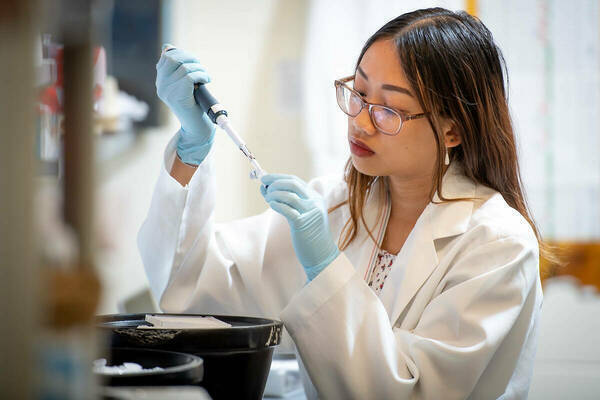
- All programs and departments will continually strive to provide state-of-the-art instruction for all students, both majors and non-majors, in classrooms and laboratories.
-
Extend the impact of Science by developing additional courses that meet the needs of non-majors and interdisciplinary students.
-
Provide research opportunities and enrichment experiences such as internships or experiential learning for all Science students that want them.
-
Provide excellent undergraduate advising for all departmental and non-departmental College of Science majors including advising on career paths beyond academia.
-
Promote the use of inclusive pedagogy in undergraduate education and continue the development and implementation of programs to support a diverse community of students.
2. Graduate Education
Strengthen the culture of innovation and excellence in graduate training through engagement with outstanding faculty mentors, access to state-of-the-art facilities, and exposure to multi-disciplinary problems while taking a holistic approach to the support and professional development of all graduate students.
Objectives
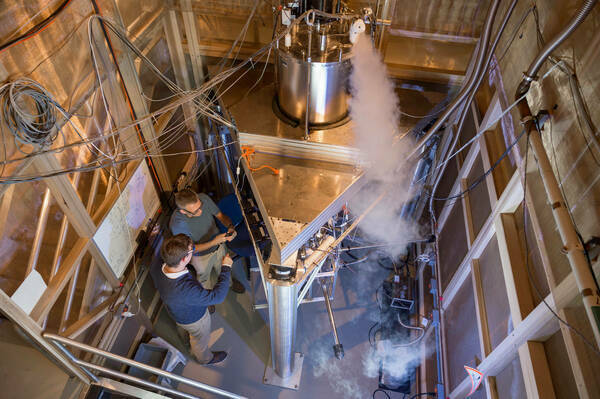
- Create a distinctively Notre Dame graduate science education that reflects the goals and mission of the university/create opportunities for scientists to be trained in any College or School.
-
Recruit an exceptional and diverse student cohort and provide an inclusive environment and support structures to enable success.
-
Create more opportunities for multidisciplinary research and training.
-
Create a holistic support and mentoring structure for graduate students that includes career planning, fellowship opportunities, developing writing and speaking skills, and career/life balance.
-
Raise the fraction of students on external support by winning more training grants and expanding research funding.
3. Postdoctoral Training
Strengthen the culture of innovation and excellence in postdoctoral training through engagement with outstanding faculty mentors, access to state-of-the-art facilities, and exposure to multi-disciplinary problems while taking a holistic approach to the support and professional development of all postdoctoral researchers.
Objectives
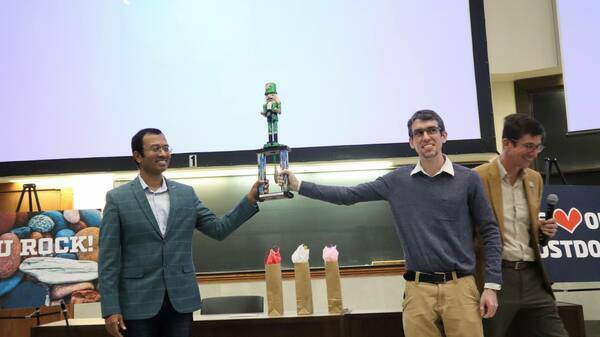
- Recruit an exceptional and diverse postdoctoral cohort and provide an inclusive environment and support structures to enable success.
-
Create more opportunities for multidisciplinary research and training.
-
Create a holistic support and mentoring structure for postdoctoral researchers that includes career planning, fellowship opportunities, developing writing and speaking skills, and career/life balance.
-
Establish an institutional postdoctoral program to increase the number, quality, and financial support for postdoctoral fellows.
4. Faculty

Enable/Advance our faculty who are or will become world-class leaders in their fields by providing mentoring, resources, facilities, and a culture of excellence and collaboration.
Objectives
- Foster an inclusive culture of excellence in teaching and research innovation.
-
Strengthen the leadership attributes of faculty through training and mentoring.
-
Establish best practices for the recruitment and retention of exceptional young and diverse faculty, along with the mentoring and support structures to promote success.
-
Hire and retain exceptional senior faculty with outstanding collaborative and leadership records.
-
Promote the importance and expectation of faculty visibility and engagement at the national and international level.
5. Research
Through the efforts of all of our faculty, enhance our research reputation and increase our impact by creating fundamental knowledge and discovering new paths for its utilization.
Objectives
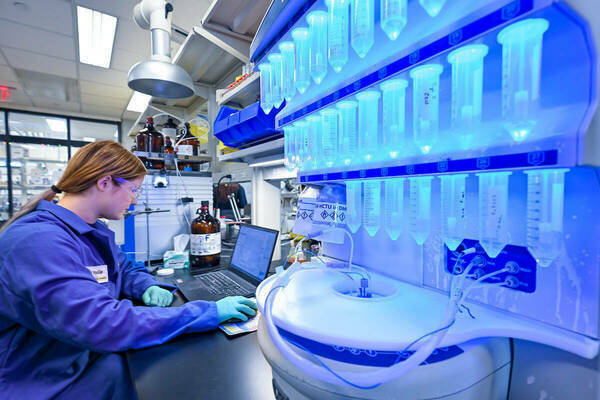
- Increase department rankings by building our faculty reputations internationally, increasing publications in prominent high-impact journals, and increasing externally funded research expenditures, including funding for national federally funded centers or program projects.
- Establish excellence in several research areas.
-
Increase the number of distinguished faculty, including Fellows in national professional organizations and National Academy of Science members.
-
Build a reward system that incentivizes cross-college, multidisciplinary, and translational research.
-
Ensure the availability of world-class facilities and structure funding that allows the most promising associate and full professors to renew their infrastructure for research.
6. Visibility
Enhance the prominence and stature of the College of Science by promoting achievements and activities of the College.
Objectives
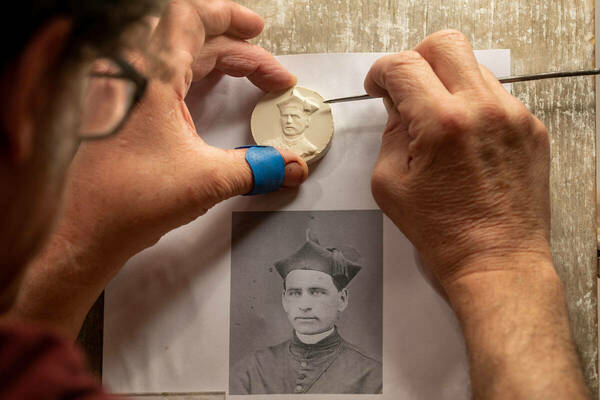
- Establish an active outreach program with public lectures, community engagement, and professor of public understanding of science.
-
Establish an internationally-recognized award for excellence in Science.
-
Establish an internal awards committee for national and international recognition of the achievements of our faculty, students, and staff.
-
Establish a visiting faculty program for research and outreach.
-
Increase partnerships with the South Bend community to support our diversity and inclusion efforts.
7. Staff
Create and sustain a diverse and effective staff to support the teaching and research missions of the College.
Objectives
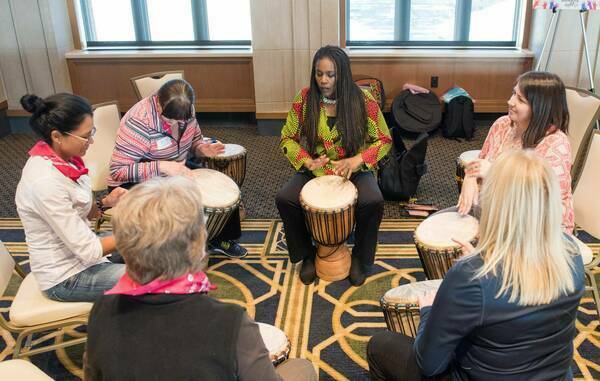
-
Support the professional development and advancement of all staff within the College of Science.
-
Develop an inclusive culture that engages all staff in improving operational effectiveness.
-
Establish best practices for the recruitment and retention of diverse staff, along with the mentoring and support structures to promote inclusion and success.
Learn more about the College of Science by visiting science.nd.edu.
